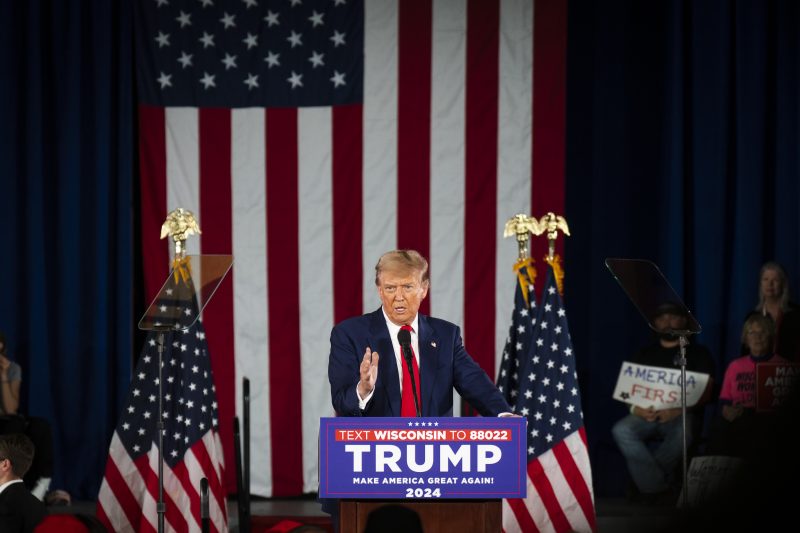In a recent series of controversial statements, former President Donald Trump unleashed scathing criticisms against federal prosecutors in the United States, accusing them of employing Gestapo-like tactics reminiscent of totalitarian regimes. These statements came as a response to ongoing legal investigations targeting Trump and his associates, allegedly for various instances of corruption and misconduct during his time in office.
The escalating attacks by Trump on prosecutors have ignited a fierce debate within political circles, with opinions split on the integrity of the legal system and the motivations behind Trump’s rhetoric. While some view Trump’s criticisms as a dangerous undermining of the rule of law and an attempt to delegitimize legal proceedings, others argue that his vocal opposition is a valid expression of frustration at what he perceives as biased and politically motivated investigations.
The use of the term Gestapo by Trump to describe the actions of prosecutors has sparked outrage among many, given the historical connotations associated with the Nazi secret police force infamous for its brutal tactics and human rights abuses. Critics argue that equating law enforcement officials in a democratic society to such oppressive entities is not only inflammatory but also dangerous, as it undermines public trust in the institutions that uphold justice and the rule of law.
Furthermore, Trump’s claims of a pervasive witch hunt orchestrated by Democrats have been met with skepticism and scrutiny, as the investigations conducted by federal prosecutors are based on concrete evidence and legal procedures. Critics point out that Trump’s administration was itself marred by numerous scandals and controversies, warranting thorough investigations to safeguard the principles of accountability and transparency in governance.
The broader implications of Trump’s attacks on prosecutors extend beyond individual legal proceedings and raise fundamental questions about the state of democracy and the rule of law in the United States. By questioning the legitimacy of legal investigations and casting doubt on the impartiality of prosecutors, Trump’s rhetoric threatens to erode the foundations of a fair and just legal system that is essential for upholding the principles of justice and equality.
In response to Trump’s escalating attacks, legal experts and political commentators have emphasized the importance of respecting the independence of the judiciary and allowing legal proceedings to unfold without undue interference or political influence. Upholding the principles of due process and the rule of law is crucial for preserving the integrity of democracy and ensuring that accountability and transparency are upheld at all levels of government.
As the debate surrounding Trump’s criticisms of prosecutors continues to unfold, it remains imperative for all stakeholders to uphold and defend the institutions that safeguard the principles of justice, accountability, and the rule of law. In a democratic society, no individual, regardless of their status or political affiliation, should be above the law, and the integrity of legal proceedings must be safeguarded to ensure that justice is served impartially and fairly.
